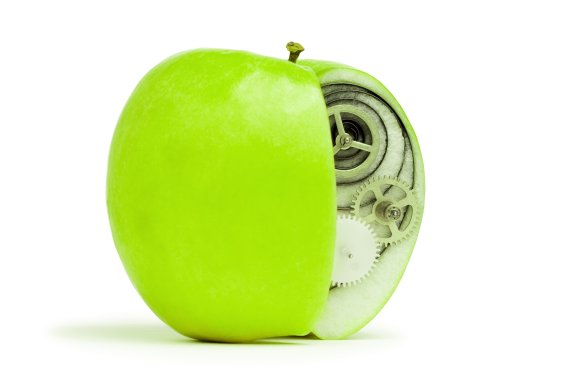<foto: shutterstock>
Crispr-Cas, which is a technology based on the natural immune system of bacteria that protects them against viruses, lets plant breeders make finely tuned interventions in plant DNA. They can incorporate new properties from other species but they can also steer the natural variation within a species. The first approach is genetic modification, but the second approach is not. It is a form of mutagenesis that plant breeders already carry out with the aid of chemicals and UV light, explains Arjen van Tunen from the plant breeding company Keygene.
Van Tunen hopes that the Dutch government will soon accept the mutagenesis form of Crispr-Cas as a safe breeding technique. If it does, there is still the question of how plant breeding companies will be able to protect the new varieties they obtain by using Crispr-Cas. There is a consensus in patent law that no patent is possible on ‘essential biological processes’, such as genetic variation that was already present in the plant. If it is not possible to distinguish between a Crispr mutation and a natural mutation, that means plants developed developed using Crispr-Cas cannot be patented, or only in part.

